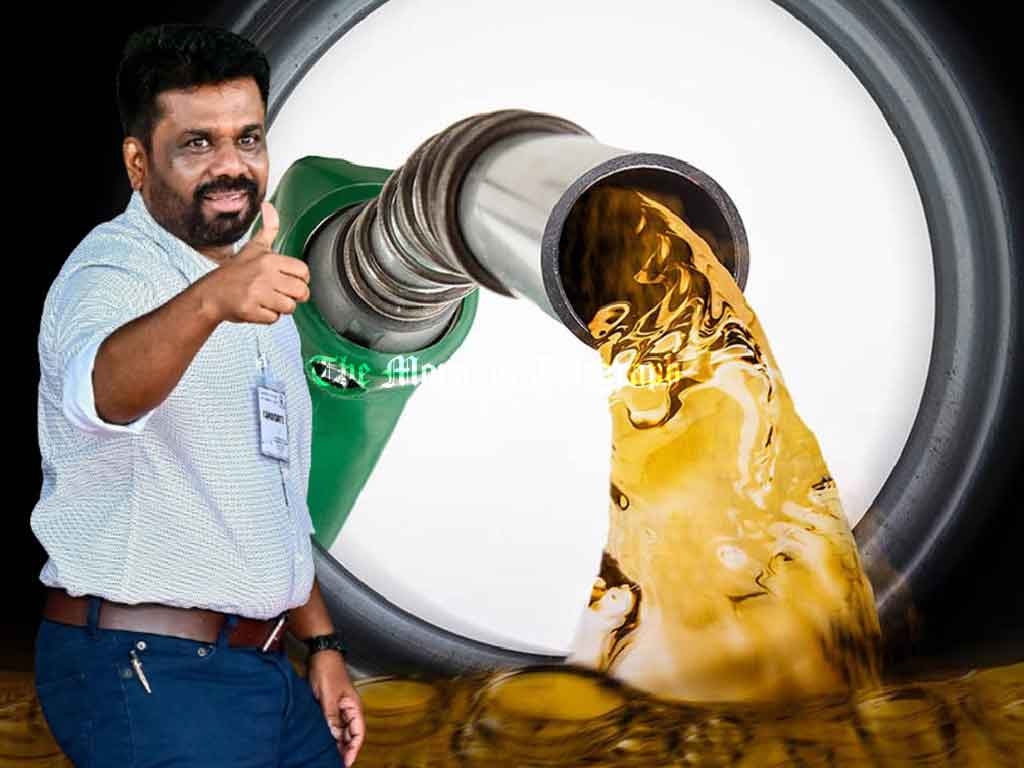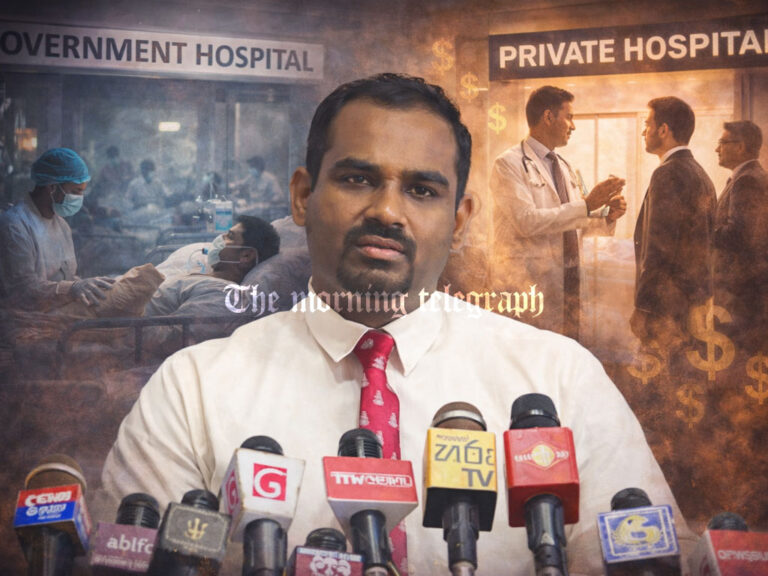
President Anura Kumara Dissanayake, in his capacity as Minister of Finance, has issued a gazette notification confirming that the existing fuel tax rates will remain unchanged. According to the notification, the tax rates implemented on January 1, 2024, will continue as follows: Rs. 72 per liter for petrol, Rs. 57 per liter for super diesel, and Rs. 50 per liter for auto diesel.
The decision comes amidst ongoing economic challenges, with the government prioritizing steady tax revenue from the fuel sector. The unchanged tax rates are expected to support the state treasury without imposing additional burdens on consumers in the short term.
Economic analysts have pointed out that maintaining the current tax levels on fuel helps the government generate significant revenue to address fiscal deficits while balancing the need to avoid further public backlash over rising living costs. However, some industry experts argue that this move could hinder efforts to lower fuel prices, which remain a crucial factor in reducing transportation and commodity costs.
The fuel tax is a critical component of Sri Lanka’s revenue collection, contributing to funding public services and infrastructure projects. Despite this, there have been calls from opposition parties and certain trade unions for a review of the tax structure, claiming that high fuel taxes disproportionately affect low-income groups.
The government, however, has indicated that any changes to fuel pricing or taxation would be carefully assessed, taking into account both domestic economic conditions and global oil price trends. By keeping the current rates stable, the administration aims to ensure consistency in tax policy while providing predictability for businesses and consumers.




